- Dozent/in: Mohammadreza Mansooji
campUAS
Suchergebnisse: 5980

- Dozent/in: Birgit Kühne-Hellmessen

- Dozent/in: Birgit Kühne-Hellmessen
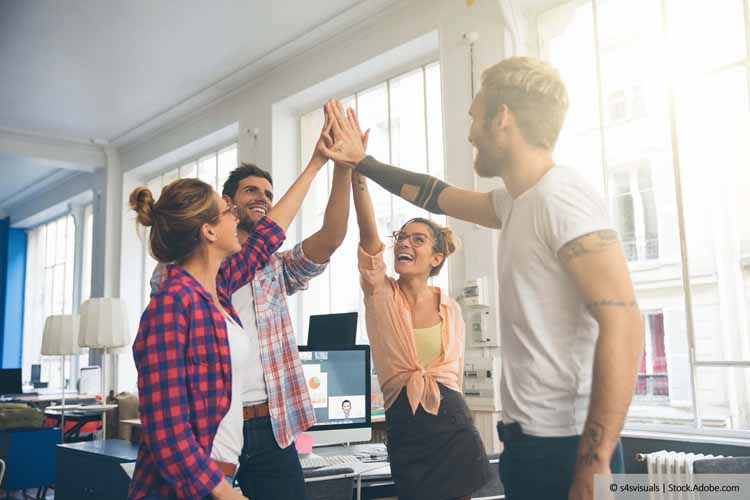
- Dozent/in: Kathrin Kuhs

- Dozent/in: Kathrin Kuhs

- Dozent/in: Anna Eichmann
- Dozent/in: Kathrin Kuhs
- Dozent/in: Patricia Michel
- Dozent/in: Martina Voigt
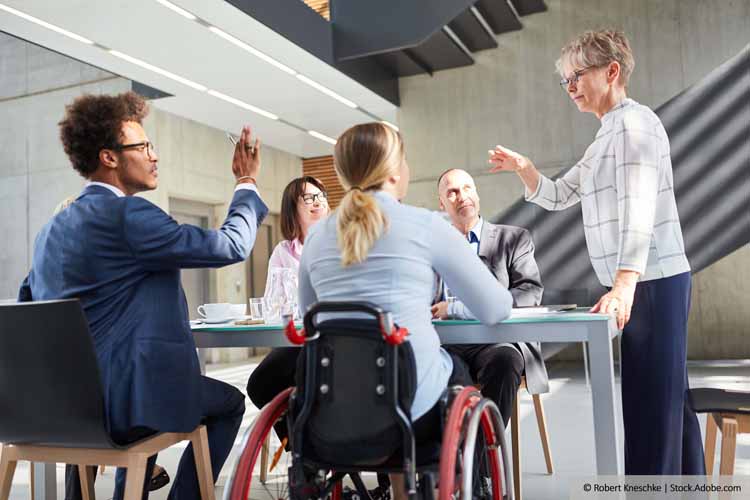
|
- Präsentation und Moderation
- Kommunikationspsychologische Modelle
- Kommunikationstechniken
- Verhandlungsführung
- Konfliktbewältigung
- Fallstudien und Rollenspiele aus dem öffentlichen bzw. Non-Profit-Bereich
- Dozent/in: Kathrin Kuhs
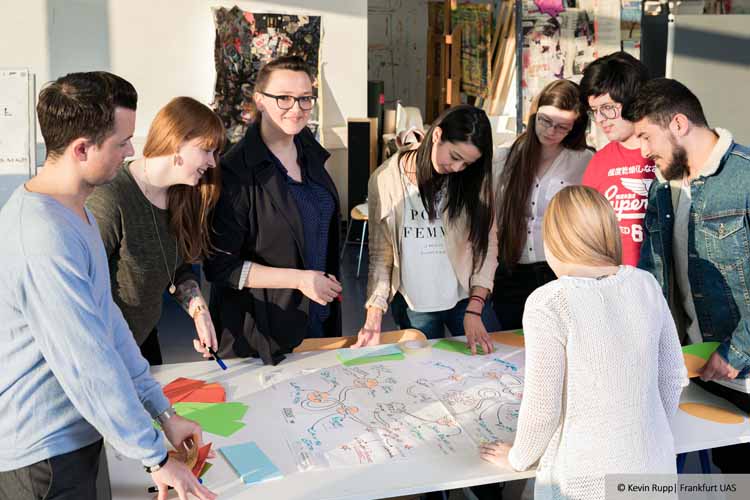
In diesem Kurs werden Schlüsselkompetenzen zu folgenden Themengebieten vermittelt:
- Präsentation und Moderation
- Kommunikationspsychologische Modelle
- Kommunikationstechniken
- Verhandlungsführung
- Konfliktbewältigung
- Fallstudien und Rollenspiele aus dem öffentlichen bzw. Non-Profit-Bereich
- Dozent/in: Kathrin Kuhs

- Dozent/in: Kathrin Kuhs

- Dozent/in: Verena Buren
- Dozent/in: Sigrid Knorr
- Dozent/in: Kathrin Kuhs
- Dozent/in: Martina Voigt
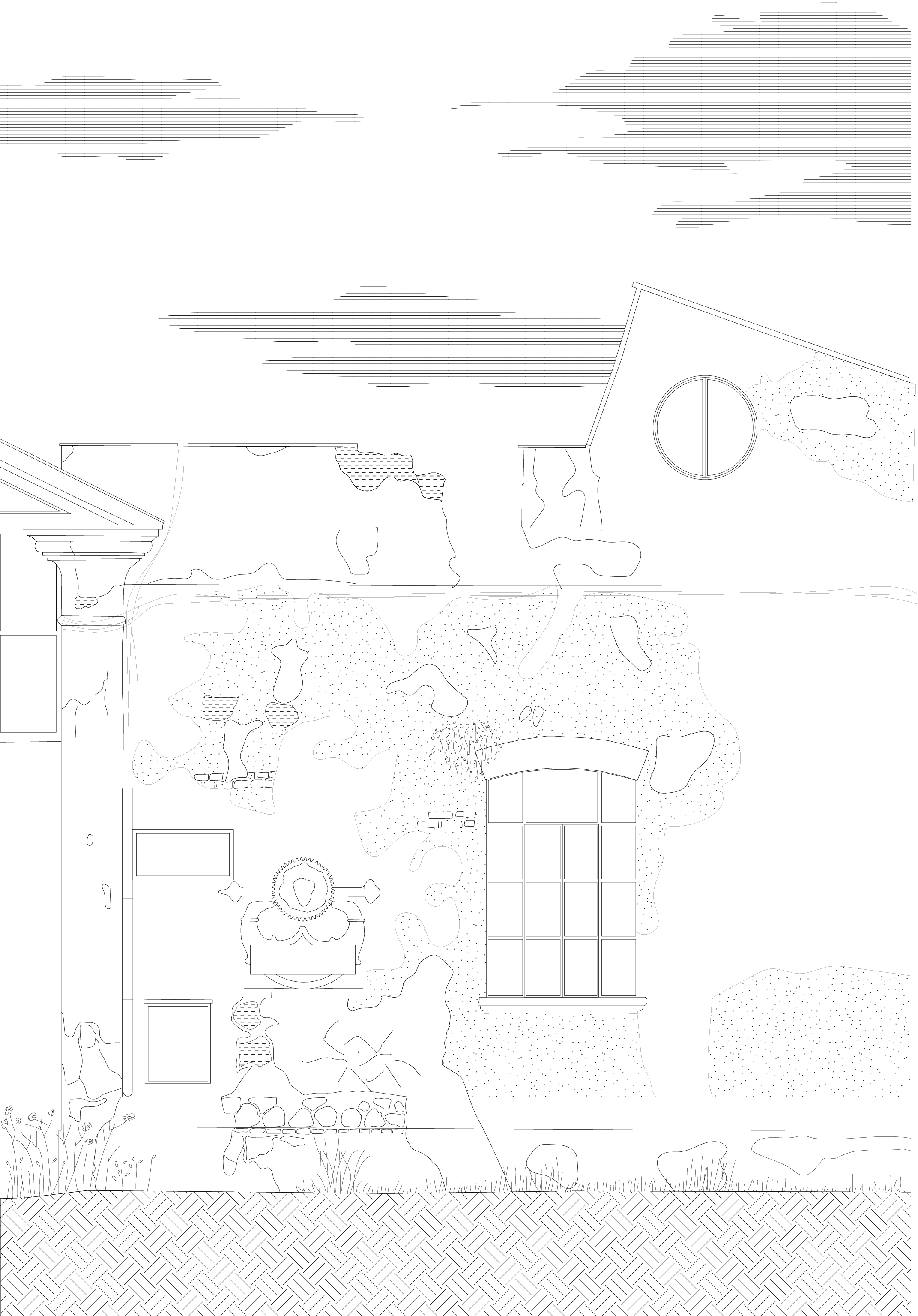
The act of building and doing it sustainably is a conscious effort. We, as architects (or soon-to-be), are one of the main actors. When we choose to work with existing buildings, not only do we help to preserve the culture and history, but we also help to lessen the burden on our environment by using fewer resources. Around forty percent of global greenhouse gas emissions can be traced back to the construction and building sector, which also uses more resources than any other branch of the economy. Although conversion and refurbishment account for two-thirds of construction work in Germany, the architectural and ecological exploration of repair, renovation, and addition is far from being exhausted. Most of the time, removal of the old building and replacement with a new one is the answer we tend to give when dealing with buildings that no longer seem to match today’s standard, today’s market situation, or efficient and economical use. What we already have with the existing since they were built (values, resources, and embedded energy) often goes unnoticed.
The significance of the conversion act has been lost in recent decades. With the climate crisis and scarce raw materials, its reactivation is more crucial than ever. Not least because the building industry requires more resources than others, the tests such as pandemics and increasing population are changing the classic images and typologies of town and country. Large department stores, multi-story car parks, and other kinds of infrastructure are becoming obsolete due to new. Sustainable mobility concepts and even including sacred building. Social change offers the potential for new functions and typologies that can be respectfully integrated into the existing building.
- Dozent/in: Mujahid Nawazir
- Dozent/in: Sumaiya Murshida Shoilee
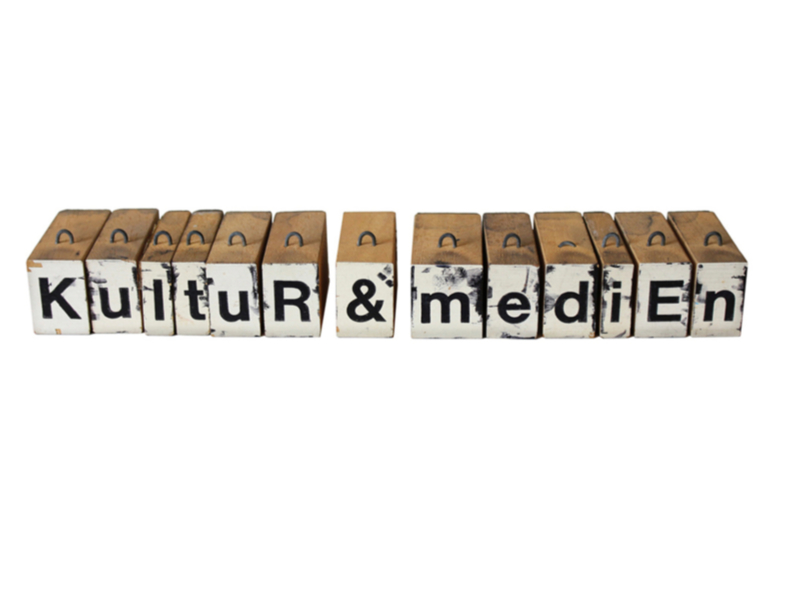
- Dozent/in: Isabel Dorn
- Dozent/in: Snežana Golubovic-Schöll
- Dozent/in: Raul Gschrey
- Dozent/in: Patricia Ines Hoeppe
- Dozent/in: Ulrike Pfeifer
- Dozent/in: Lisa Wengler

Zugangsschlüssel:
Maschinenbau -> Kk-M-2019
- Dozent/in: Sabine Heimann-Trosien
- Dozent/in: Magdalena Löffler
- Dozent/in: Sven Schellenberger
- Dozent/in: Peter Weber
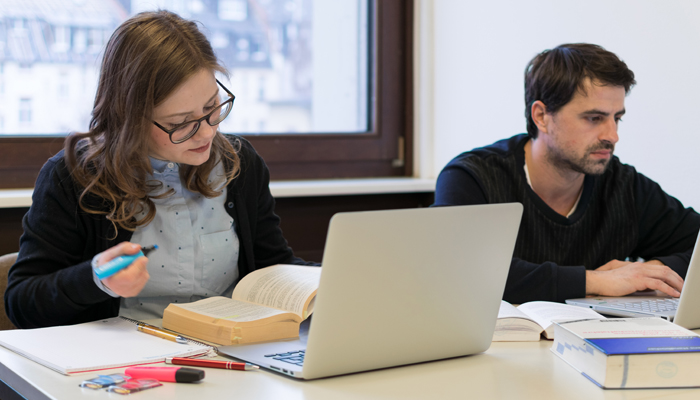
- Dozent/in: Miriam Kunst
- Dozent/in: Marius Rosenbaum
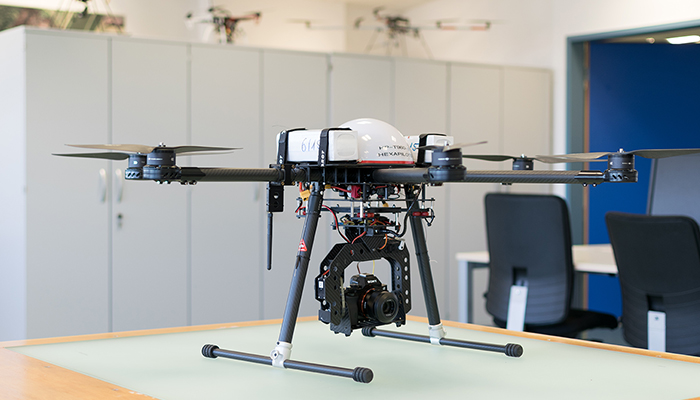
- Dozent/in: Marius Rosenbaum (Oncampus-Admin)
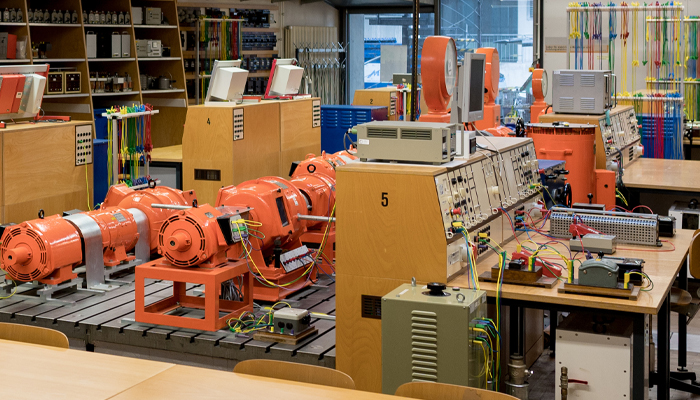

- Dozent/in: Thomas Kunz

- Dozent/in: Thomas Kunz
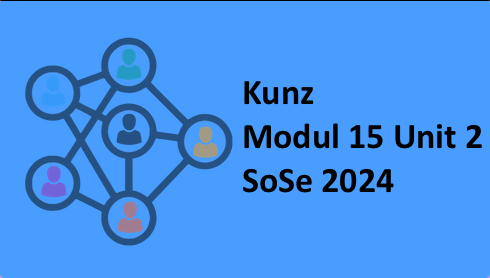
- Dozent/in: Thomas Kunz

- Dozent/in: Thomas Kunz